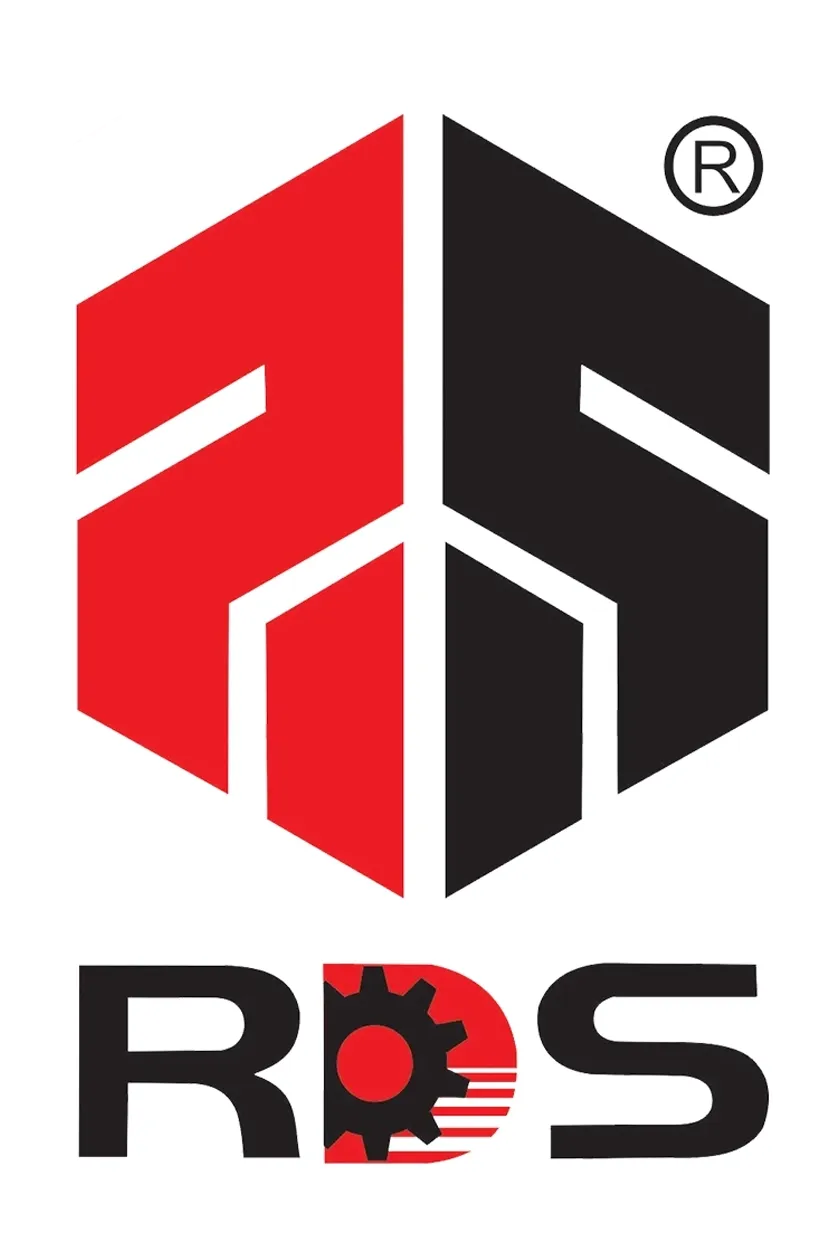Why is Phenolic cotton fabric PFCC201 Bakelite sheet widely used in mechanical applications
Phenolic cotton fabric PFCC201 Bakelite sheet is widely used in mechanical applications due to its unique combination of mechanical properties, cost-effectiveness, and practical advantages that make it suitable for diverse industrial and engineering needs.
What is Phenolic Cotton Fabric PFCC201?
Phenolic Cotton Fabric PFCC201 is a type of laminated thermosetting plastic made from cotton fabric impregnated with phenolic resin. The manufacturing process involves layers of cotton fabric being saturated with a phenolic resin and then cured under heat and pressure. This results in a robust, rigid sheet that exhibits excellent mechanical properties and thermal stability.
The "PFCC201" designation refers to a specific grade of this material, indicating its unique formulation and characteristics tailored for particular industrial applications. Phenolic resins are known for their exceptional strength, chemical resistance, and low moisture absorption, making PFCC201 an ideal choice for demanding environments.
Key Properties of PFCC201 Bakelite Sheet
1. Balanced Mechanical Strength and Durability
The material consists of cotton fabric layers impregnated with phenolic resin, creating a composite that blends the tensile strength of fabric with the rigidity of the resin. This results in:
- High tensile and compressive strength for load-bearing components (e.g., gears, brackets).
- Resistance to abrasion and impact, making it durable for applications with repeated stress (e.g., conveyor systems, agricultural machinery).
- Dimensional Stability: Maintains shape and size under moderate mechanical loads, reducing the risk of deformation compared to softer plastics.
2. Low Friction and Self-Lubricating Properties
The phenolic resin matrix provides naturally low friction, making PFCC201 suitable for components that slide or rotate, such as:
- Bearings, bushings, and gears in non-lubricated or lightly lubricated systems.
- Reduces wear and noise compared to metal-on-metal contacts, extending component lifespan.
3. Chemical and Environmental Resistance
It can withstand exposure to:
- Oils, fuels, solvents, and mild acids/alkalis (common in industrial environments).
- Corrosion-resistant (unlike metals), making it ideal for components in humid or chemically active settings (e.g., marine equipment, agricultural machinery).
4. Moderate Heat Resistance: Stable up to ~150°C (302°F), suitable for applications near heat sources (e.g., under-hood automotive parts, electrical motor supports) without melting or degrading rapidly.
5. Ease of Machining and Cost Efficiency
- Readily Machinable: Can be cut, drilled, milled, or turned using standard woodworking or metalworking tools, allowing for custom fabrication of complex shapes (e.g., gears, jigs, fixtures) without specialized equipment.
- Cost-effective prototyping and low-volume production compared to metals or high-performance plastics. Lower cost than engineering polymers (e.g., PEEK, nylon) or metal alloys, while offering comparable performance in moderate-duty applications.
5. Lightweight and Non-Conductive
- Low Density: Lightweight compared to metals (e.g., steel, aluminum), reducing overall system weight in applications like:
- Electrical Insulation: Non-conductive nature makes it suitable for parts that require isolation from electrical currents (e.g., insulating spacers, electrical motor brackets).
- Diverse Applications of PFCC201 Bakelite Sheet
1. Electrical and Electronics Industry
- Insulators and Bushings: Used in circuit breakers, relays, and electrical panels to separate conductive components and prevent short circuits.
- Motor Components: Slots wedges, coil formers, and end plates in electric motors to insulate windings and support mechanical stability.
- Printed Circuit Board (PCB) Supports: Provides rigid, heat-resistant bases for PCBs in appliances and industrial equipment.
2. Mechanical and Industrial Engineering
- Gears and Bearings: Low-friction properties make it suitable for non-lubricated or lightly lubricated gears in pumps, conveyors, and agricultural machinery.
- Valve Components: Seals, washers, and guides in pumps and valves due to chemical resistance and dimensional stability.
- Jigs and Fixtures: Machined into custom tools for manufacturing lines, ensuring durability and precision during assembly or inspection.
3. Automotive and Transportation
- Under-Hood Components: Heat-resistant brackets, sensor mounts, and insulating covers in engines (e.g., near exhaust systems or electrical modules).
- Interior Parts: Lightweight panels, bezels, and structural supports in vehicles, balancing strength and cost-effectiveness.
4. Consumer and Appliance Manufacturing
- Appliance Parts: Handles, knobs, and structural frames in kitchen appliances (e.g., ovens, toasters) due to heat resistance and ease of molding.
- Power Tool Components: Insulating handles and motor housings in drills, saws, and other electric tools.
Conclusion
PFCC201 Bakelite sheet’s combination of strength, low friction, chemical resistance, and machinability makes it a go-to material for engineers and designers seeking a cost-effective, versatile solution in mechanical systems. Its ability to perform reliably in moderate-duty roles across industries—while being easy to work with and maintain—solidifies its place as a staple in industrial applications.
 EN
EN






















